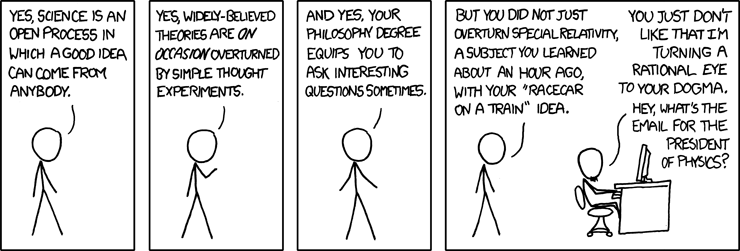In recent discussions about mythicism, it has sometimes been hinted that the academy is biased and it is impossible for mythicist views to get a fair hearing, much less get published.
If I were asked for a single clear reason I find that hard to believe, my answer would be: Morton Smith. Smith published, among other things, a book which suggested that Jesus was a magician (as well as hinting that his magical practices may have had a homosexual character). Surely suggesting that Jesus merely didn’t exist is not more controversial than Smith’s suggestions!
Smith’s conclusions and claims – whether about Jesus as magician or about the Secret Gospel of Mark – have not won universal acceptance by any means. But they were able to pass peer review and thus offered to be considered on their merits by the academy.
If anything, the problem with historical Jesus studies is that it is too easy to get published, or at least to get dubious historical claims into print. As long as one is for the most part engaging in historical study using the appropriate tools, one can get away with saying some outlandish things as well, as Tom Wright did when he claimed that Matthew’s account of saints being resurrected and wandering Jerusalem was so incredible that it might just be true. But because Wright is participating in a scholarly dialogue, when he says such things he is bound to be challenged on them – as Dale Allison has, for instance, in his recent book The Historical Christ and the Theological Jesus
.
Every field has people near its fringe who think they know better than the experts. What distinguishes a scholar is not simply a solid familiarity with relevant evidence, but participation in scholarly conferences and publication, which brings with it the risk of being shown to be wrong, or at least disagreed with by someone as capable of making a scholarly argument as you are.













